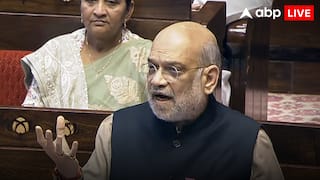Going To Church Cannot Be Ground To Cancel Scheduled Caste Certificate, Says Madras High Court
The direction was made by a division bench comprising Chief Justice Sanjib Banerjee and Justice M Duraiswamy while hearing a petition filed by a Ramanathapuram-based woman doctor

Chennai: The Madurai bench of Madras High Court on Wednesday criticised the scrutiny committee for cancelling the community certificate of a woman belonging to Scheduled Caste on assumption that she converted to Christianity after she married a Christian. The Court quashed the cancellation order and directed the committee to restore her community certificate.
According to a report in the New Indian Express, the direction was made by a division bench comprising Chief Justice Sanjib Banerjee and Justice M Duraiswamy while hearing a petition filed by a Ramanathapuram-based woman doctor. The court observed that the committee had assumed that the petitioner had converted to Christianity because she had married a person belonging to Christianity and displayed a ‘cross’ symbol at her clinic.
The court said that it might have been possible that the petitioner had accompanied her husband and children to Sunday matins but it does not mean that she had abandoned her original faith altogether.
Also read | NIA Files Chargesheet Against Six From Tamil Nadu For Trafficking Sri Lankan Nationals
Quoting the Chief Justice, the report said that cancellation of the community certificate reveals the degree of narrow-mindedness which the constitution does not encourage and nothing should be presumed upon a person respecting another community or religion.
Questing the officials for cancelling the community certificate without proof, the court quashed the cancellation order and ordered the restoration of the community certificate of the petitioner.
As per the report, the government counsel had argued that the petitioner could have moved an appeal before the concerned department instead of approaching the court. But the court said that the petitioner was right in moving the court.






































